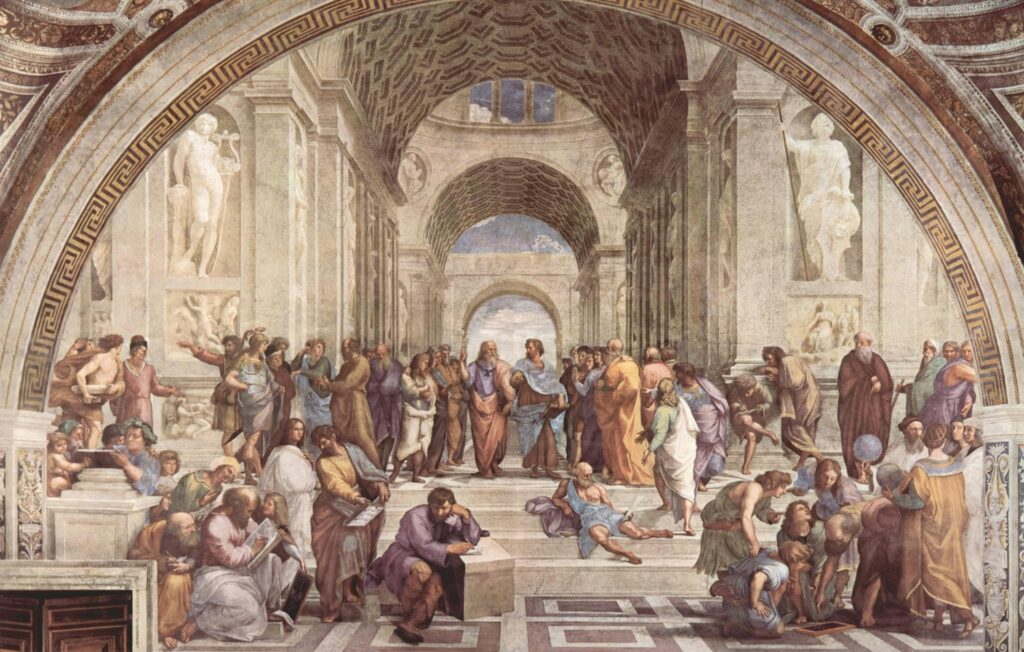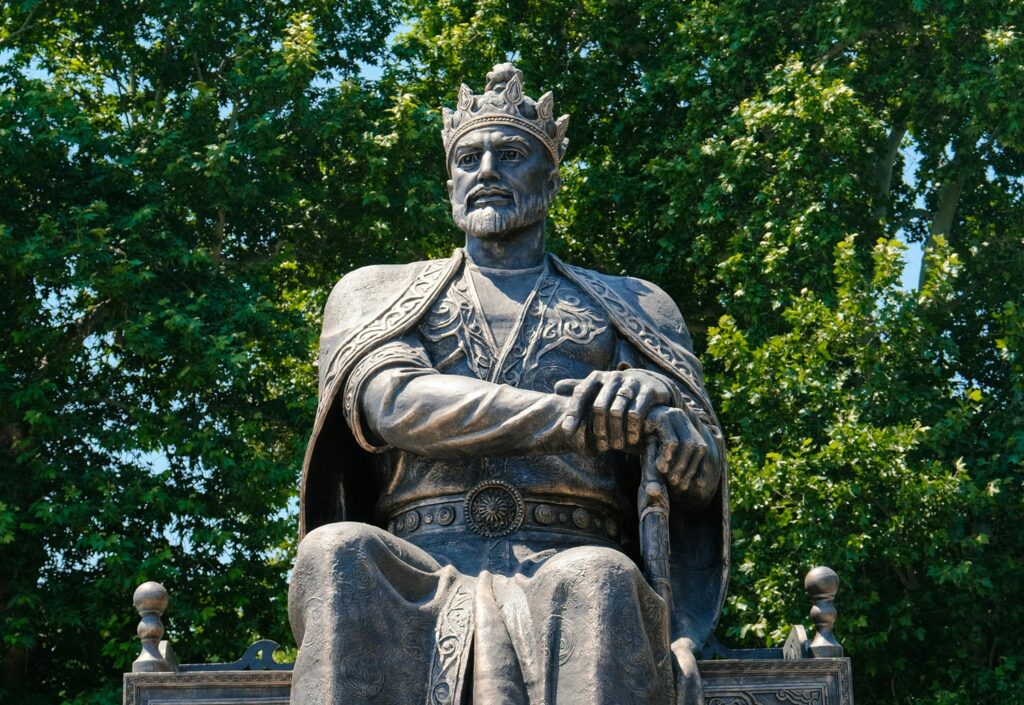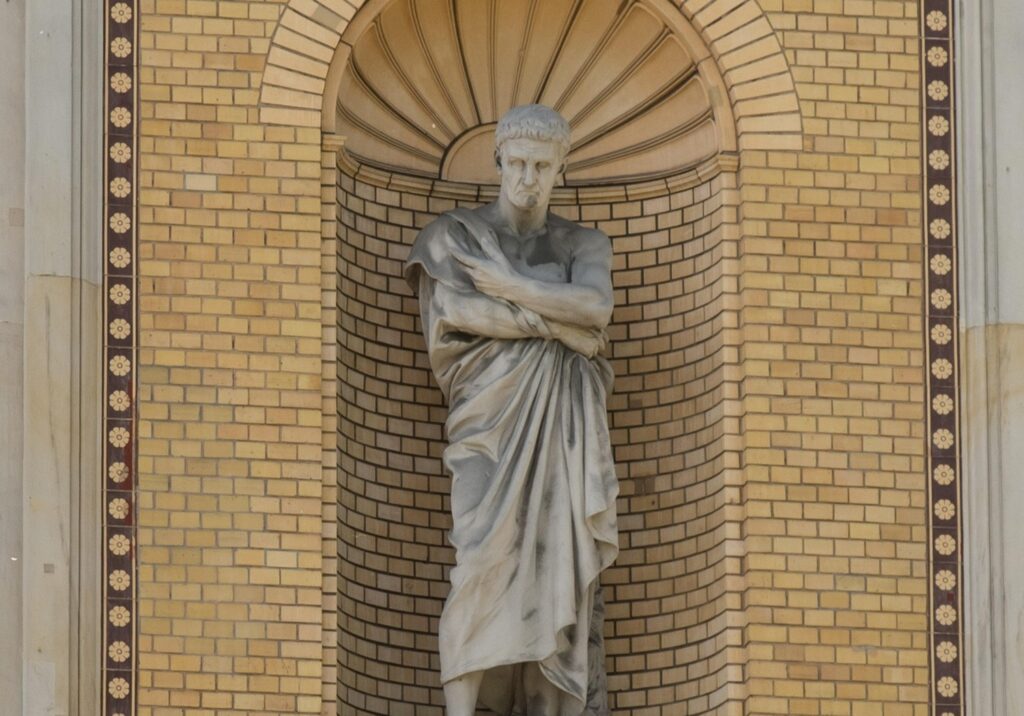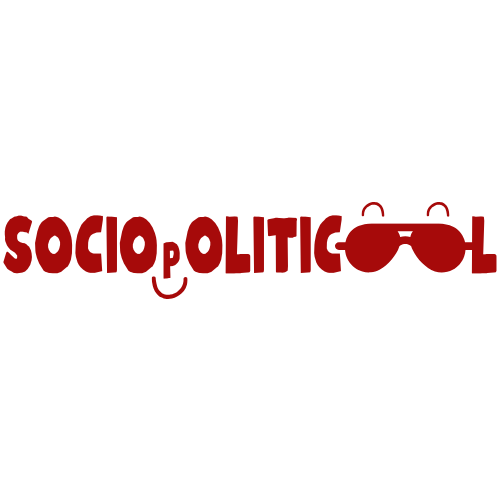In ancient Greece, slaves existed.
But Aristotle didn’t see anything wrong with that. In fact, he might have thought, “They are so good at being slaves! So natural. It is their calling!”
Then, there wouldn’t be slaves without masters. Masters existed, too. But he also didn’t see anything wrong with that, even if there was an abuse of power.
For him, they were born to be masters, and no one could question the divine.
Aristotle believed some people are naturally rational and fit to rule, while others lack reason and are fit to serve.
I have a bachelor’s degree in political science.
In college, he was the most mentioned political philosopher because of his statement, “Men are by nature political animals.”
That is in his book Politics, which is what we are going to talk about here.
What did he mean by “political animals”? What is politics, according to him? And who is Aristotle, and why is he so popular?
Politics According to Aristotle
Politics, according to Aristotle, is something we can’t live without. He didn’t mean that governments are so important in society, although it is part of it.
He meant that we naturally seek connection and community.
To ensure that our relationships with others within that community are good, we meet them where they are or compromise.
That is the definition of “politics” after all: to make decisions that benefit everyone involved. We just associate it with politicians, governments, and even corruption because that’s the type of politics that is loud.
So, unlike animals, we can speak and reason, which allow us to deliberate about justice and the common good.
Because of this, we thrive in structured societies; governments provide that structure. They prevent chaos and help us achieve a good and virtuous life.
Happiness Can Be Achieved Within a State
A state has four elements: population, territory, government, and sovereignty.
For Aristotle, its purpose is not just to keep us safe or to enforce laws, but to help us achieve eudaimonia, a Greek word meaning “highest human good.”
True happiness comes from living a life of reason, moral excellence, and civic engagement. But we can’t achieve this alone. We need laws, education, and a community that encourages good behavior.
Aristotle said that anyone who lives outside the state by nature, not by accident, is either a beast or a god.
A state creates this environment, where everyone can live virtuously, which in turn benefits the entire society.
So, he saw politics as deeply tied to ethics. The goals are order and a good life.

Women and Slaves Can’t Lead
One of the most controversial aspects of Aristotle’s Politics is his view that women and slaves are naturally unfit to lead or participate in public life.
Leadership requires rational deliberation, a trait he thought was fully present only in free adult males.
Women, in his view, had reason but lacked authority or decisiveness.
Women were responsible for managing the household, with little to no role in politics, education, or public life.
Slaves, on the other hand, lacked reason altogether and were tools for their masters, necessary for running the household but not for governing a state.
You may find these ideas to be clearly flawed and discriminatory. But in ancient Greece, women had no political rights, and slavery was normal.
He tried to justify what existed at the time.
Some People Are Born to Be Slaves
You may be wondering, what makes a person a “natural slave” in ancient Greece? These were irrational Greeks and non-Greeks.
Irrational Greeks
A “natural slave,” according to Aristotle, was someone who lacked full reason and was best off being ruled by a master.
This was not about race or nationality, but about perceived mental capacity.
The problem, of course, is that he provided no reliable or objective way to determine who was “irrational.”
So, perhaps what was happening back then was that if a master saw a person as irrational, then he was irrational even if that wasn’t the case.
Non-Greeks
Back then, Greeks often viewed themselves as the pinnacle of civilization, with outsiders labeled as “barbarians.”
So, they saw many non-Greeks as lacking the rational qualities necessary for citizenship or leadership, and so were naturally suited to be ruled.
Correct and Corrupt Forms of Government
Aristotle categorized governments based on who rules and for whose benefit. Below are the forms of government mentioned in Politics.
Monarchy and Tyranny
When one person rules for the common good, that is a monarchy. This has the potential to be the best form of government when led by a just ruler.
Aristotle was cautious about this, as it depends on the character of one person.
Once the ruler governs only for himself, it degenerates into tyranny. A tyrant uses power selfishly and acts out of fear rather than justice.
It could become oppressive.

Aristocracy and Oligarchy
An aristocracy is the rule of the best, meaning the most virtuous and educated citizens, who govern in the interest of all.
Ideally, this would be a group of morally upright leaders committed to justice and the common good.
However, when these few begin ruling for their own interests, the aristocracy becomes an oligarchy.
Still, this was seen as more stable than a monarchy, since decision-making was shared among several people.
Polity and Democracy
For Aristotle, polity is the most practical and balanced form of government because the middle class plays a central role here.
It is a mixed system that combines elements of democracy and oligarchy. Ruled by the many, but guided by laws and virtue.
Polity exists, although not always by that name. It is usually in the form of modern constitutional democracies.
Democracy is its corrupt version because the majority rules not for the common good, but for their own interests.
He feared that in a pure democracy, the poor might dominate and exploit the rich, just as in oligarchy the rich exploit the poor.
Why the Best Government Type Is Monarchy
Aristotle actually thought monarchy could be the best government, if the ruler was supremely virtuous and wise.
Imagine someone with unmatched intelligence, moral character, and a true desire to serve the people. Such a person, he argued, shouldn’t be equal to others because they are superior in every way.
But he was a realist. He knew that such perfect rulers are rare, and power can corrupt. So, he generally preferred polity for actual practice.
Why Democracy Is Fundamentally Flawed
Aristotle observed that in democratic systems, leaders gain power not through wisdom or virtue, but by appealing to people’s emotions and desires.
These “demagogues” manipulate the masses with flattery, promises, or stirring speeches rather than genuine concern for the common good.
Demagoguery is the use of emotional appeals, lies, or fear by a leader to gain power by manipulating the public.
You hear them many times during elections: better healthcare, lower crime rate, more job opportunities, better transportation.
The danger here is that electoral decisions are driven by passion and popularity instead of rational deliberation.
He didn’t think ordinary people were incapable of reason, but he was skeptical of their ability to govern wisely without education.

A Little Bit About Aristotle’s Personal Life
Aristotle spent about two decades studying under Plato at the Academy.
This is why you can see Plato’s influence in many of his ideas, although he also disagreed with him on several key points.
For example, Plato’s ideal state was highly rigid, with philosopher kings, communal property, and even shared spouses and children.
Aristotle found that unrealistic and harmful. He thought people should have personal property and families, and he valued practical governance.
This break from Plato shows up clearly in Politics.










